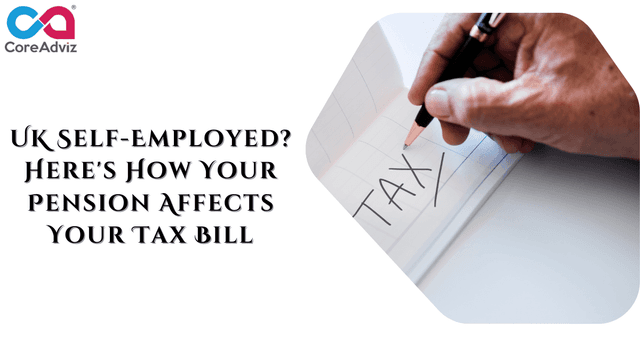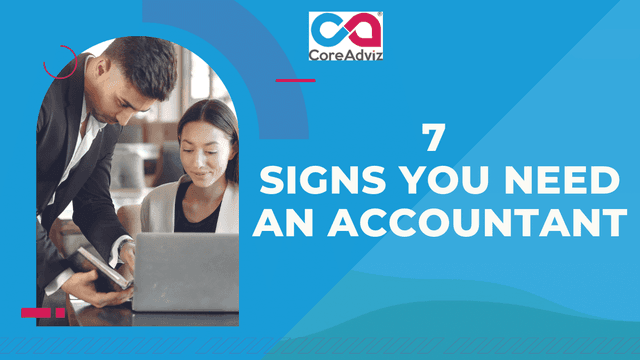
HomeBlog VAT on Private School Fees What Schools & Parents Need to Know Now
VAT on Private School Fees What Schools & Parents Need to Know Now
In a significant fiscal shift, the UK government has introduced Value Added Tax (VAT) at the standard rate of 20% on private school fees. This applies from 1 January 2025. To ensure fairness, fees paid from 29 July 2024 for terms beginning in January 2025 or later are also subject to VAT. This reform was first announced in the 2024 Autumn Budget. The aim is to remove the VAT exemption traditionally accorded to private schools. This aligns with the principle that all beneficiaries of fee-based education should contribute to state-funded schooling. Read the blog to learn the essential information you need to know as a school or parent.
Expected Financial Impact
The government anticipates raising £460 million in 2024–25, increasing to £1.51 billion in 2025–26 from the VAT measure alone.
Pupil Movement Estimates
Projections suggest that around 37,000 pupils, approximately 6% of the current private school population, may leave the private sector due to the additional financial burden.
What It Means for Schools
Smaller institutions may face financial strain. Private schools must ensure VAT registration if their taxable income exceeds the threshold. They must also charge VAT accordingly on fees and related supplies. Beyond registration, schools will need to review invoicing procedures to ensure that VAT is itemised and compliant.
If a student’s placement is funded by a local authority due to special educational needs, the local authority can reclaim the VAT via the Section 33 VAT refund scheme. Meanwhile, some schools are seeking to hold down an increase in their fees to maintain affordability.
What It Means for Parents
Parents are facing a direct 20% increase in school fees for terms from January 2025. Some families are attempting to circumvent the rise by paying in advance. In such a scenario, parents can take the following steps:
- Increase their working hours to cover fee increases
- Apply for scholarships, grants, or sibling discounts
- Review their existing household budgets and cut unnecessary expenditures
- Seek support from their grandparents, if they are able to afford funding
- Consider going for loans or remortgaging
- Invest early to prepare for long-term fee commitments
- Plan to relocate to a local authority area with better state schools
- Move closer to another private school that has lower fees
The introduction of VAT on private school fees represents a remarkable policy shift, as for long, education was treated as a welfare-related service. This move is aimed at generating revenue for public education while redefining the financial landscape of independent schooling. So, while private schools must act quickly to ensure compliance with VAT obligations, parents should carefully assess the long-term sustainability of fee payments. Both will have to quickly adapt to a new financial reality-a reality that is reshaping the independent school landscape.
So, if you want some assistance in preparing your VAT-compliant financial statements or in developing communication materials for parents to clarify about fee hike, we are ready to help. As a reputed UK-based accounting firm, we have an experienced team of accountants who can help you sail smoothly with their knowledge and skill set.


